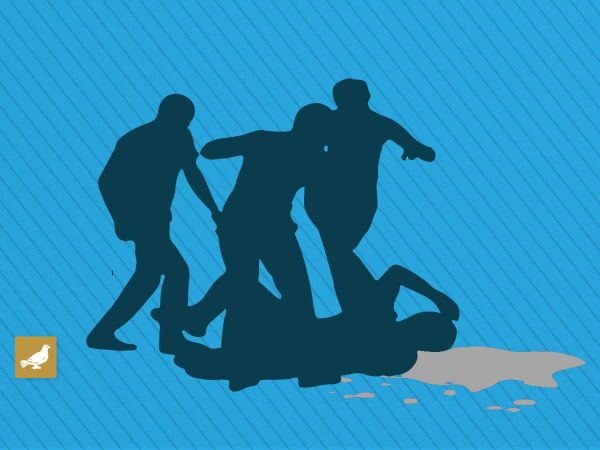
A total of 141 incidents of hate crimes and 102 cases of hate speech were recorded between June and August 2025 across India, the Association for Protection of Civil Rights (APCR) reported.
Warning of a worrying crisis, the report titled, Hate Crime Tracker highlighted the continuous mob attacks, harassments, and vandalism targeting religious minorities in the country, particularly Muslims and Christians.
“Mob violence, physical assaults, and attacks on religious sites and symbols have become distressingly common to the point of becoming almost routine,” the report stated, adding that this kind of violence “not only threatens the immediate safety of minorities but also erodes their confidence in exercising their faith openly without fear of humiliation.”
The report also stated that such attacks have a psychological impact, stirring fear and insecurity as it sends “a chilling message that their cultural and spiritual expressions are increasingly unwelcome and unsafe.”
According to APCR, the unchecked assault on religious symbols and repeated use of hate speech authorise discriminatory attitudes toward minorities, making hatred and exclusion routine rather than exceptional. It called for sustained accountability, legal reform and protection, without which religious minorities will be more than just victims of violence; they will be progressively unsafe and marginalised in daily life.
Of the 141 hate crimes recorded, Uttar Pradesh recorded the highest share with 36 cases, followed by Chhattisgarh (17) and Maharashtra (14). The majority of incidents involved intimidation and harassment, though the period saw 41 physical assaults and 31 attacks targeting property, with seven Muslims lynched to death. The document also noted 19 attacks against religious sites, including mosques, churches, and shrines.
It was also recorded that mobs were involved in 115 hate crimes, forcing victims to go through public humiliation and chanting religious slogans. Even though men formed the majority of the victims, children, women and the elderly were also among those harmed.
Additionally, the report found the role of political groups and state actors alarming, with Bajrang Dal linked to 26 incidents and Vishwa Hindu Parishad to 16, and BJP members to 12. Meanwhile, police and other officials were found to be directly involved in about 20 cases.
Of the 102 incidents of hate speech, many of which invoked “jihad” or “infiltration” stereotypes and directly urged violence, only four led to the filing of FIRs.
Moreover, hate speech was observed to be increasingly normalised in Indian politics as most speeches were delivered during public gatherings or rallies.
“A breakdown of the hate speeches made by members of political organisations revealed that most hate speech incidents were produced by those affiliated with the Bharatiya Janata Party [70], followed by Vishwa Hindu Parishad [7], and Bajrang Dal [7],” the report stated.
The Hate Crime Tracker report, in its key findings, observed that the use of hate speech in politics “mainstreams the rhetoric of division and demonization,” asserting that the very “fabric of secularism and pluralism risks irreparable damage.”